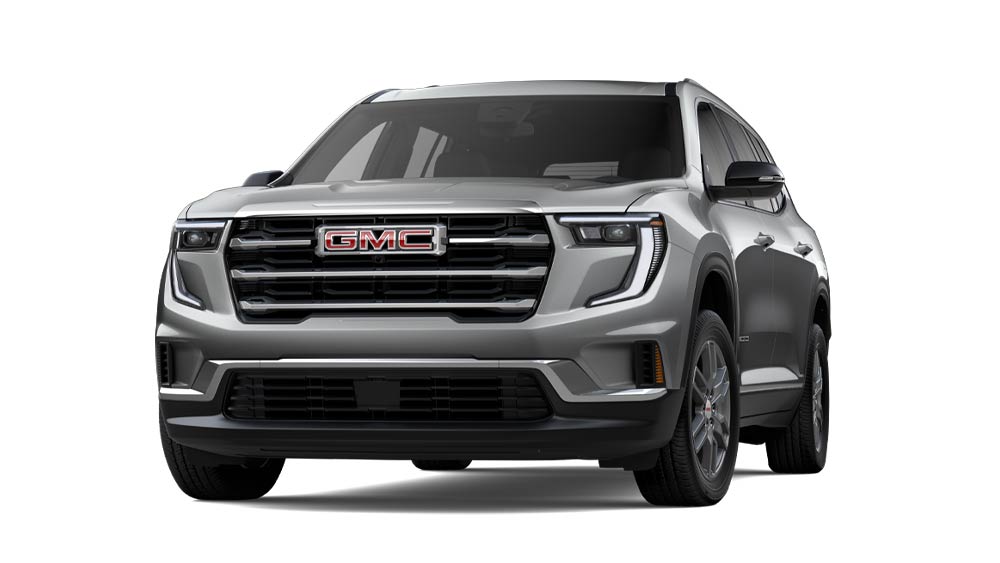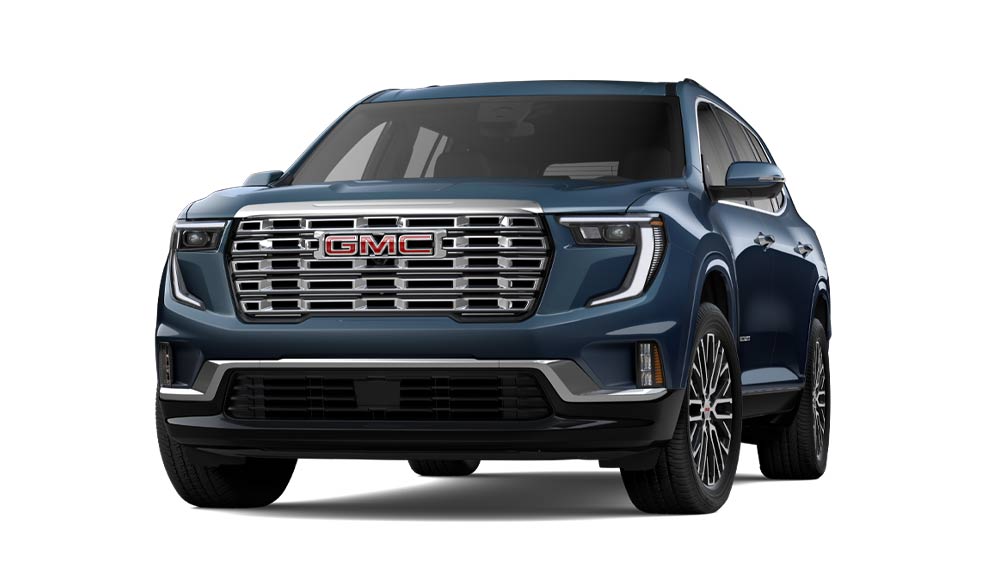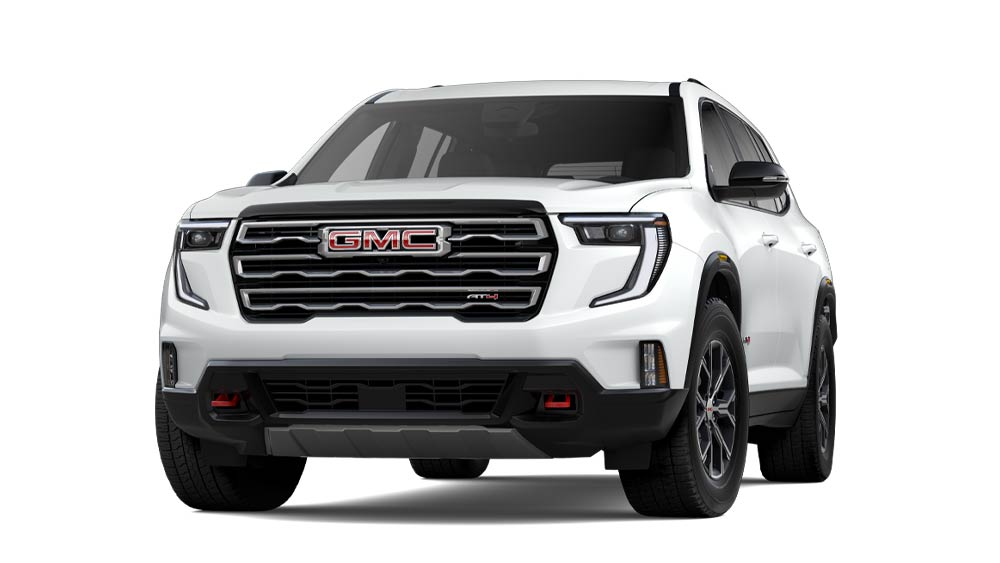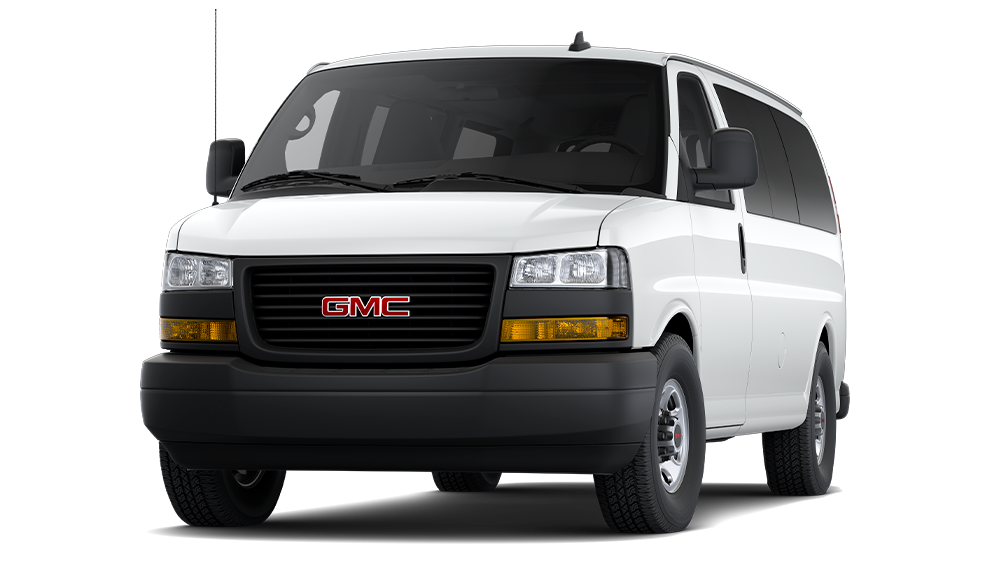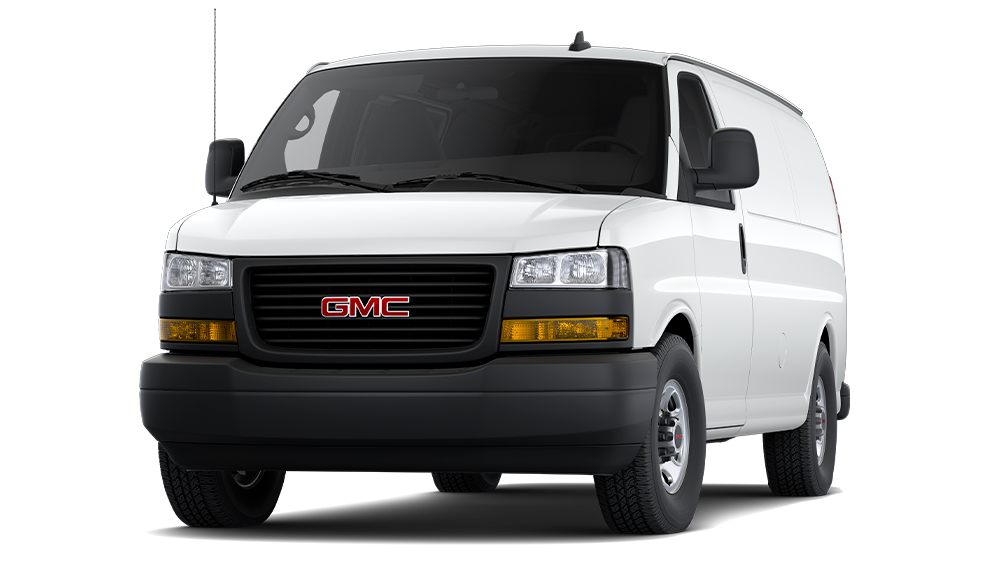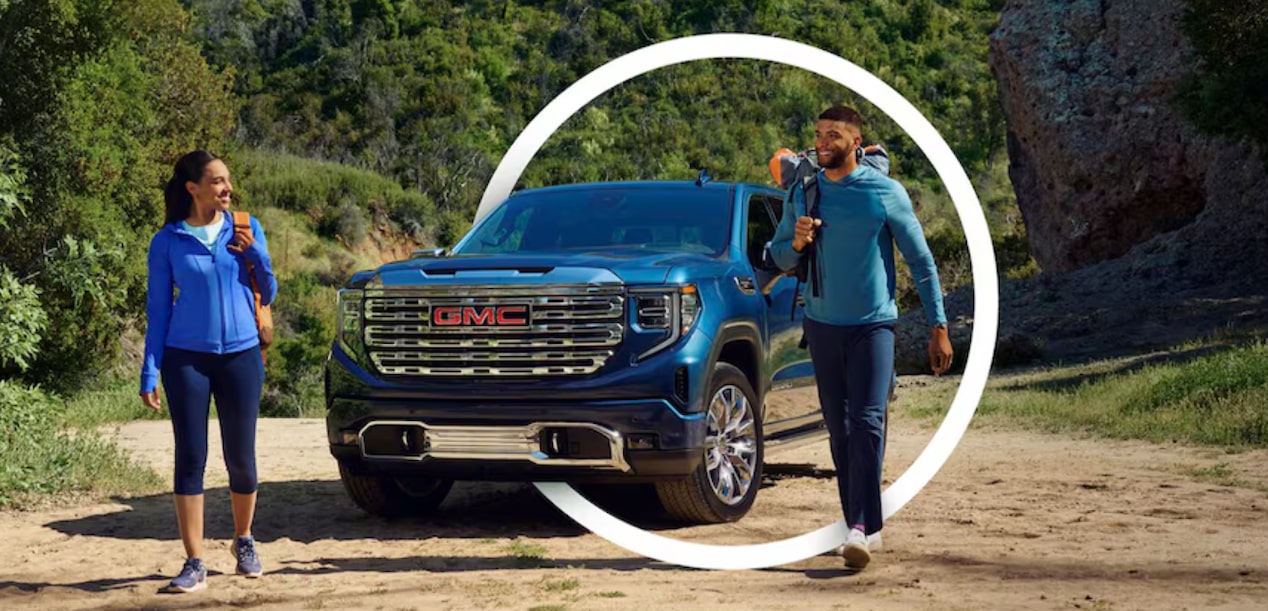GMC LIFE
Knowing your vehicle’s abilities allows you to properly pack and prepare for a safe towing trip.

Ready to tow a trailer? It’s not quite as simple as hooking a trailer up to a tow vehicle. There are many details you must keep in mind, but one of the most fundamental elements surrounds weight. Simply put, does your pickup truck or SUV have the ability to safely tow your loaded trailer? That’s where tow ratings and towing capacities come into play.
The tow rating or towing capacity refers to the maximum weight you can pull with a given vehicle. This rating, easily found within your vehicle’s owner’s manual, not only represents the weight of the trailer itself, but the weight of any cargo loaded within it.
Your vehicle’s tow rating takes several factors into consideration, including:
- Vehicle structure
- Chassis and suspension design
- Engine type, axle ratios, and other drivetrain variables
- Hitch design and class
- Tire ratings and load capacities
These numbers aren’t arbitrary – in fact, they’re the result of extensive real-world testing. When developing new pickup trucks, SUVs and crossovers for production, GMC engineers perform extensive tests that push vehicles to their extreme limits in order to determine the precise physical abilities of every truck, crossover and SUV.
While baseline tow ratings are available in the GMC trailering guide, detailed tow ratings are listed within your vehicle’s owner’s manual.
Even these figures are a baseline – they represent a base-spec vehicle with two 175-lb passengers and no cargo. If you have a high-trim vehicle, have accessory equipment installed, or are carrying more passengers or cargo with you while trailering, a realistic trailering number may be lower than stated.
Although it is important not to exceed your vehicle’s tow rating, there are other important weight limits that should never be exceeded while towing, including:
- Gross vehicle weight rating (GVWR), which represents the maximum weight your vehicle can carry, including passengers, cargo, fuel and the vehicle itself.
- Gross combined weight rating (GCWR), which represents the maximum weight of your loaded tow vehicle and your loaded trailer combined.
- Gross axle weight ratings (GAWR) on both the vehicle and trailer, which represent the maximum amount of weight a particular axle can carry, including the wheel and tire.
- Hitch weight rating, which indicates the maximum weight your hitch is designed to safely carry.
- Tongue weight, which should be between 10-15 percent of the total loaded trailer weight for conventional trailers and 15-30 percent of the total loaded trailer weight for gooseneck or fifth wheel trailers.
Exceeding even one of those ratings while towing with could not only cause severe damage to your vehicle or trailer, but also put yourself, your passengers and others in danger.
RELATED STORIES
TRUCKS
TONGUE WEIGHT: WHY IT’S KEY TO SAFE TOWING

Properly loading a trailer to maintain a proper tongue weight is paramount, especially when it comes to handling.
HOW-TO
GVWR: HOW TO KNOW YOUR VEHICLE’S STRENGTH

Carrying passengers or cargo? Knowing your gross vehicle weight rating helps ensure you don’t overload your vehicle.
TRUCKS
KNOW WHICH TRAILER TYPE IS RIGHT FOR YOUR NEEDS

Trailers aren’t one-size-fits-all. In fact their varying designs and configurations mean they can handle quite differently when hitched to your tow vehicle.









